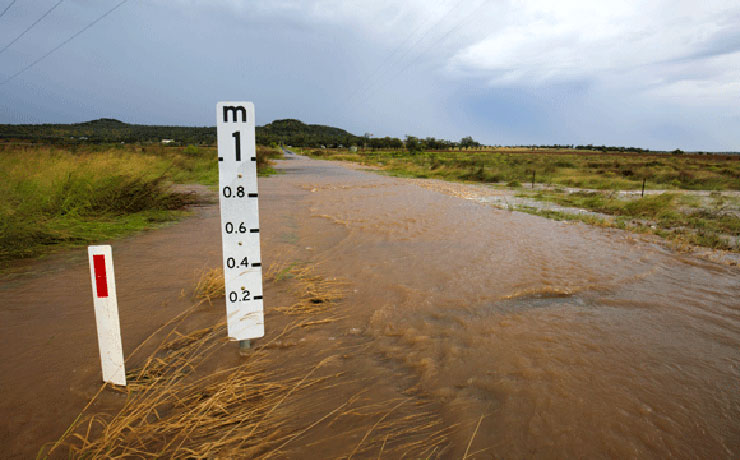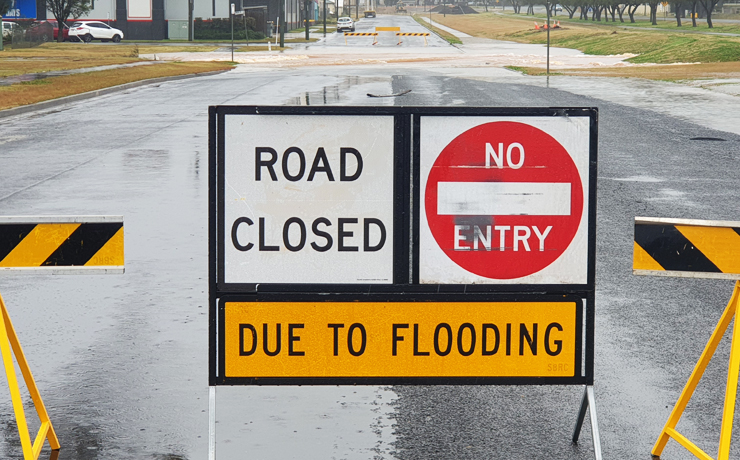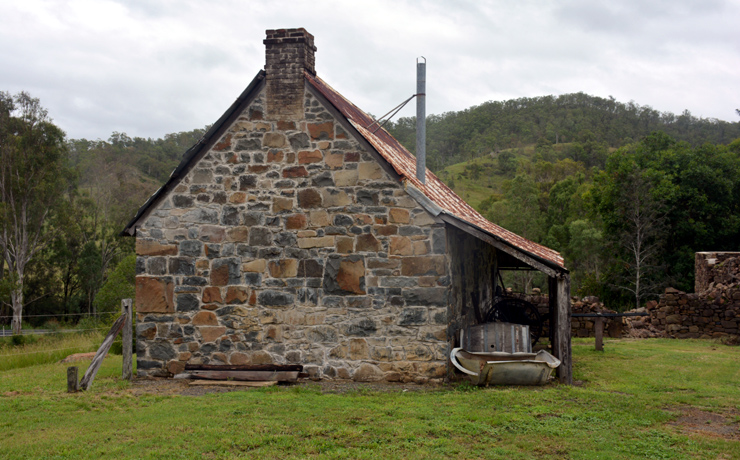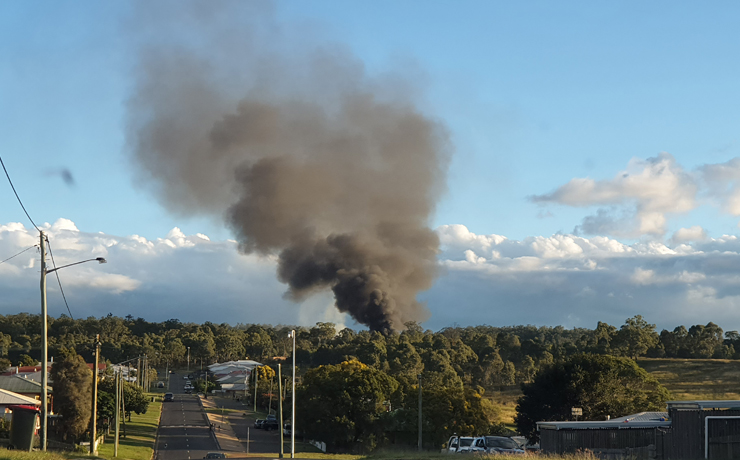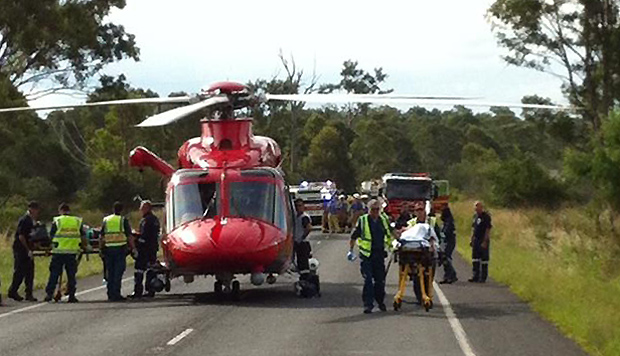by Dafyd Martindale
If the South Burnett has two flaws, one is that there are some people out there who like to form opinions in the absence of facts; and the other is there are some people out there who like to ignore facts if they don’t suit their opinions.
South Burnett Mayor Wayne Kratzmann’s announcement on Monday, September 21 that Council will investigate taking over the operation of the South Burnett Private Hospital is a case in point.
The Mayor’s announcement has provoked considerable community debate, which is perfectly understandable.
Running a hospital, after all, is not a fundamental local government responsibility.
Council has no expertise in this area.
And former operator Pulse Health abandoned running the hospital, either because it wasn’t profitable enough to meet their corporate ROI targets or because it was a loss-maker (the correct answer to this is still unknown, as far as we can gather).
What is clear is that running a private hospital employing 30 to 40 full-time equivalent staff has the potential to open up a financial black hole in Council’s budget if things go badly wrong.
Given that the budget has been on a knife-edge the last few years with wafer-thin surpluses and little fat left to trim, any potential for a spread of red ink on the ledgers is something to be avoided at all costs.
Against this, there has been an enormous groundswell of community support to keep the private hospital operating.
More than 10,000 residents signed petitions to this effect just a few months ago.
The ageing Kingaroy Hospital is already struggling to meet current health demands, and the closure of the private hospital would only place further strains on an already overloaded system.
While Kingaroy Hospital is scheduled to be replaced with something significantly better one day, the State Government doesn’t have the funds to do it right now.
Nor is it likely to for many years to come.
Ever since the community voiced its opinion that it wanted the private hospital to continue, Mayor Kratzmann has travelled extensively – to Brisbane, Toowoomba, Canberra and Sydney – talking with government health officials and medical professionals in search of another hospital operator.
He has been working to a tight deadline.
When Pulse Health moved out, the licence that allowed the premises to operate as a hospital was suddenly put at risk.
Pulse agreed to give the Mayor three months to find a replacement for them.
But that agreement was set to end on September 30, and the Mayor believes if the doors of the private hospital close, it is unlikely it will ever reopen.
This is because the hospital’s building no longer meets all Health Department standards, and the cost of renovating it to meet those standards would make it an unviable proposition.
On Monday, the Mayor said he had received positive responses from several potential new operators in the last few months, but in all cases the timing didn’t suit them.
So he thought the best option in the circumstances would be for Council to look at taking over the hospital’s operation itself – either temporarily until the timing did suit another operator, or permanently if it didn’t – and to take over the licence in the interim to keep the venture alive.
But he was quick to stress the matter would need to come to a full meeting of the Council before any final decision could be made.
And to ensure that any decision was the correct one, the Council will engage specialist consultants Ernst & Young to look into all aspects of the idea.
Over the last few days we have spoken to all Councillors about this proposal (except for Cr Deb Palmer) and they have told us they are prepared to keep an open mind, but will not make any decision themselves until the Ernst & Young report is available.
If it shows the hospital is a significant loss-maker and there is little chance of it ever becoming viable again, then it will not be getting their vote.
But if it shows the hospital was marginally profitable (or maginally unprofitable) and there are good chances of turning the situation around at little or no risk to ratepayers, then it likely will.
That sounds like a level-headed and prudent approach to us.
So we’re prepared to wait until Ernst & Young’s report on the proposal is available before we form our own opinion.
We would suggest that critics who have been complaining loudly that this is not a sensible idea – in the absence of any detailed study – do the same.
We have nothing to fear from the facts, good or bad.
But we have quite a lot to fear from people willing to form opinions or make decisions – especially major decisions – based on little more than conjecture, speculation and rumour.














